By Mehmet Emin Hazret
On May 10, 2025, trade delegations from the United States and the People’s Republic of China held a surprise meeting in Geneva, Switzerland.
Led by U.S. Treasury Secretary Scott Bessent and Chinese Vice Premier He Lifeng, the meeting seemed to focus on trade—but a closer look reveals a much deeper political context.
Most notably, China’s Minister of Public Security, Wang Xiaohong, was also present at the talks—an unusual inclusion for what should have been a technical economic discussion. This signaled that the real agenda was far more complex.
The Fentanyl Crisis: The Real Agenda
During Donald Trump’s presidency, the U.S. imposed heavy tariffs on China—not just for economic reasons, but as retaliation for the deadly fentanyl epidemic.
In 2022, more than 100,000 Americans died due to illegal fentanyl originating from China. Chinese chemical companies supplied precursors to Mexican cartels, which then funneled the drug into American cities.
Trump responded with tough trade measures not only against China, but also against Mexico and Canada. Even the Biden administration has been unable to fully roll back those tariffs.
China’s Economy Rings Alarm Bells
These tariffs hit China’s “world factory” model hard. In particular:
Toy manufacturing
Furniture production
Household goods
Consumer electronics
Thousands of factories have either closed or drastically reduced output.
Mass unemployment is spreading in industries that once sustained millions of Chinese workers—posing not just an economic threat, but a direct challenge to the legitimacy of the Communist Party.
Wang Xiaohong’s Hidden Message: “We’ll End Fentanyl—Just Lift the Tariffs”
The presence of China’s top security official at trade talks sends a powerful message:
“No matter the cost, we will crack down on fentanyl. Just let trade return to normal.”
This is China’s way of apologizing without admitting guilt. For the first time, Beijing is using its internal security apparatus as a bargaining chip in economic diplomacy.
The Myth of a “Strong China” Is Cracking
While some Turkish media outlets still portray China as an “unstoppable rising power,” the facts suggest otherwise:
External debt: $3.1 trillion;
“Belt and Road” loans are defaulting across the globe;
The population is aging rapidly;
Productivity is declining;
Youth unemployment is above 20%;
Domestic demand is shrinking;
The real estate sector is collapsing;
Will China Fall Like the Soviet Union?
Some argue, “The Soviet Union collapsed due to economic failure—China’s economy is still strong.” But this is a superficial comparison.
The real similarity?
Authoritarian regimes that devalue human life are doomed to decay.
The Soviet Union collapsed by silencing its own people.
China is doing the same: suppressing freedom, crushing dissent, and controlling information.
And as history teaches:
“Any regime that dehumanizes its people is digging its own grave.”
Conclusion: The World Is Entering a New Era
China’s decision to send its security chief to an economic meeting is a silent panic.
Beijing now faces not just an economic slowdown, but a full-spectrum political and social crisis.
This piece reveals more than just a negotiation table—it shows the chessboard of global power realignment.
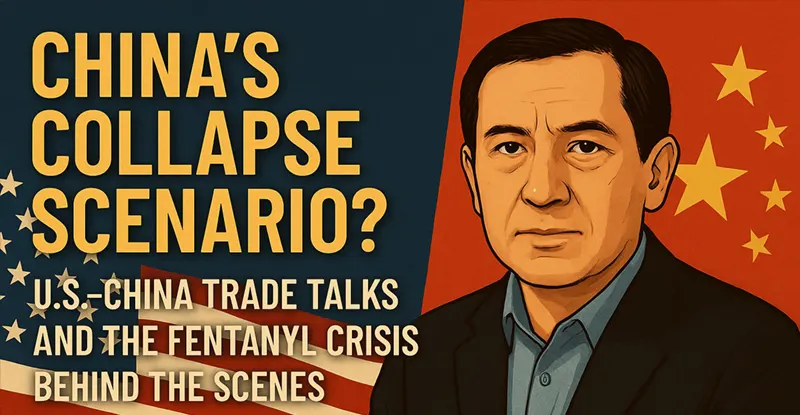
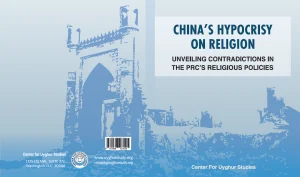

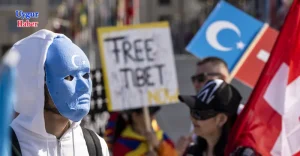


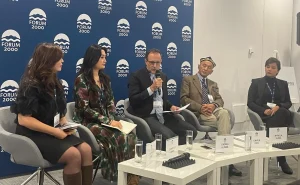
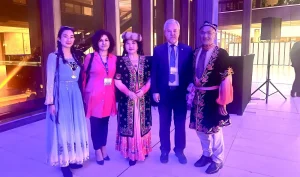

Be First to Comment